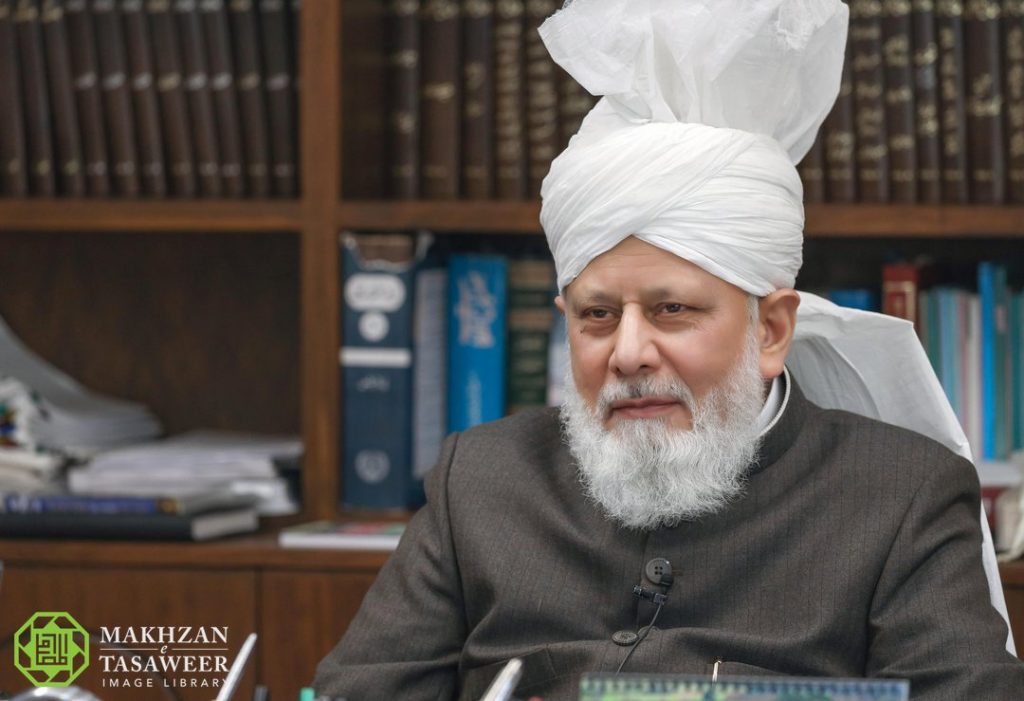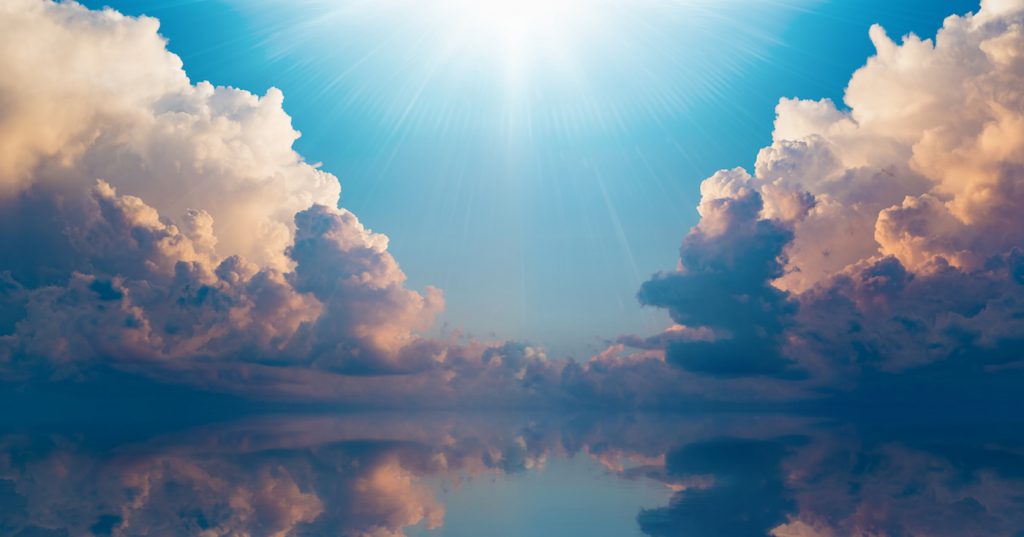Rays of Wisdom for the Modern World

His Holiness, Hazrat Mirza Masroor Ahmad (aba) is a beaming beacon of Divine guidance and support. His Holiness (aba) represents the highest level of a connection with God in today’s world and thus he is the spiritual leader for tens of millions across the world, and champions the message of fulfilling the rights owed to God, and fulfilling the duties we each owe to our fellow human beings. Over the course of his Friday Sermons, addresses on various occasions, meetings with different organizations and children’s classes, His Holiness (aba) imparts invaluable knowledge and insight on a remarkably vast array of topics.
The Review of Religions is honoured to present some of these ‘Rays of Wisdom’ from His Holiness (aba) taken from various sources, for the benefit of its readers.
Why Does it Matter to God Whether We Go to Heaven or Hell?

Most, if not all the major world faiths teach the existence of an afterlife, where a person’s ultimate fate is determined by the way they lived their life in this world. In religions such as Islam, the afterlife is understood to comprise of either two destinations: heaven or hell. Heaven is described as having serene green gardens and flowing streams, whereas hell is the tormenting punishment of the fire. However, there are some who wonder, if God created everything and is above all, then why would it matter to Him if someone went to heaven or hell? Once, someone asked His Holinessaba this very question.
His Holiness (aba) replied:
‘The very premise of this question is wrong, because Islam does not teach that one should do good deeds due to the desire of heaven, or abstain from evil out of fear of hell. Faith predicated on the desire or fear of something is weak. The creation should have such a strong bond with its Creator, which is free from the desire of paradise or the fear of hell. Instead, let’s say there was no heaven or hell, even then, there should not be the slightest difference in one’s worship of their Lord, their love for Him, or their obedience to Him. This is why in describing the relationship between the Creator and the creation, the Holy Qur’an and hadith state that man should adopt the attributes of Allah the Almighty, thereby becoming His true servants, and their every word and action should be for the sake of attaining His pleasure.
The Promised Messiah (as) has mentioned this topic on various occasions. At one instance, he states, “Our paradise lies in our God. Our highest delight is in our God, for we have seen Him and found every beauty in Him. This wealth is worth procuring though one might have to lay down one’s life to procure it.”[1]
Hence, the relationship between Allah and man is that of a lover and the beloved. A lover does not say to their beloved that, “I only love you so that you give me a certain amount of money or some other things.” It is absolutely not so. That love is free from any desire or greed.
As for the question of how these things benefit Allah the Almighty, the answer is that they do not render any benefit to Him at all, because His Being is free from incurring any sort of benefit or loss. He has given these teachings to mankind, for mankind’s own benefit. This is why He says, “Whoso is grateful, is grateful for the good of his own soul. And whoso is ungrateful, then surely Allah is Self-Sufficient, Praiseworthy.”[2]
This question is like asking, “What benefit does a mother receive by feeding her child or giving her child medicine when they are sick?” Or, “How does it benefit a teacher to pass a student who studies and fail a student who doesn’t?”
In these instances, just as there is no benefit to the mother or the teacher, and it is the child or the student who benefits, in the same way, when it comes to the relationship between Allah and man, there is no benefit or harm for Allah, rather adhering to the divine commandments is beneficial for man whereas disobedience to these commandments results in man’s own loss.’[3]
1. Hazrat Mirza Ghulam Ahmadas, Noah’s Ark (Farnham, Surrey: Islam International Publications Ltd., 2018), 35.
2. The Holy Qur’an, 31:13.
3, Daily Al Fazl, 21st August 2021.




Add Comment